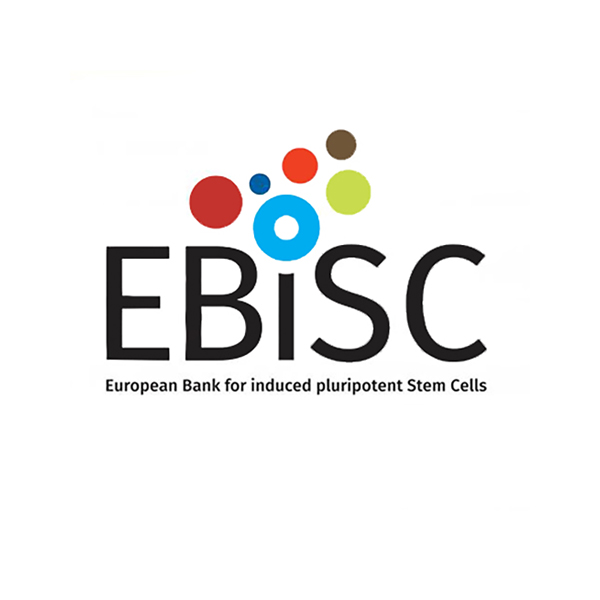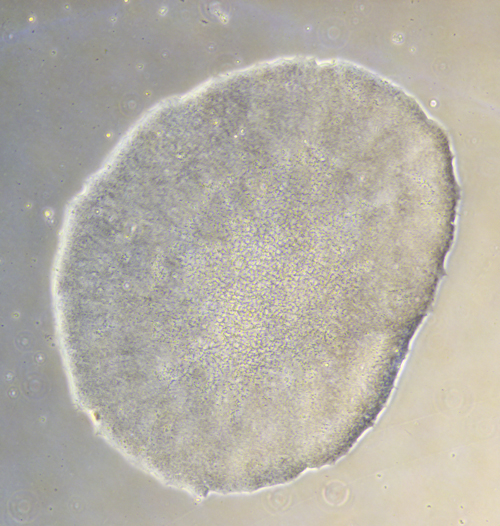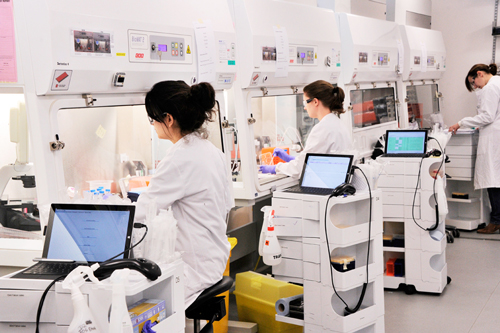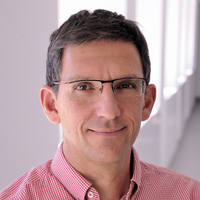
EBiSC - European Bank for induced pluripotent Stem Cells
About EBiSC

The European Bank for induced pluripotent Stem Cells (EBiSC) aims to:
- Provide quality-controlled, disease-relevant research-grade iPSC lines, data and cell services
- Create and run a worldwide iPSC lines banking and distribution service to internationally accepted quality criteria.
- Establish in Europe a centralised, not-for-profit iPSC lines bank for academia and industry to provide consistent, high-quality tools for new medicines development.
EBiSC’s capacity will be 10,000 cell lines; it will eventually process over 1,000 lines per year.

The main facility will be at the Babraham Research Campus (Cambridge, UK) and will undertake cell expansion, Quality Control and characterisation. The European Cell Culture Collection (ECACC) of Public Health England (Department of Health, UK) will coordinate cell line distribution. The Fraunhofer IBMT (Saarbrücken, Germany) will provide comprehensive operational back up.
Contact
If you need help or have any queries, please contact us using the details below.
Sanger people
Previous Sanger people

Professor Ludovic Vallier
Honorary Faculty (formerly Senior Group Leader at the Sanger Institute)
External partners and funders
External
Vallier, Ludovic
Ludovic Vallier was jointly based at the Cambridge Stem Cell Institute and the Wellcome Sanger Institute. His laboratory studies the basic mechanisms controlling differentiation of human pluripotent cells into pancreas, lung, gut and liver cells. His overall objective is not only to investigate molecular mechanisms of differentiation but also to generate cell types for clinical studies and for cell based therapy.